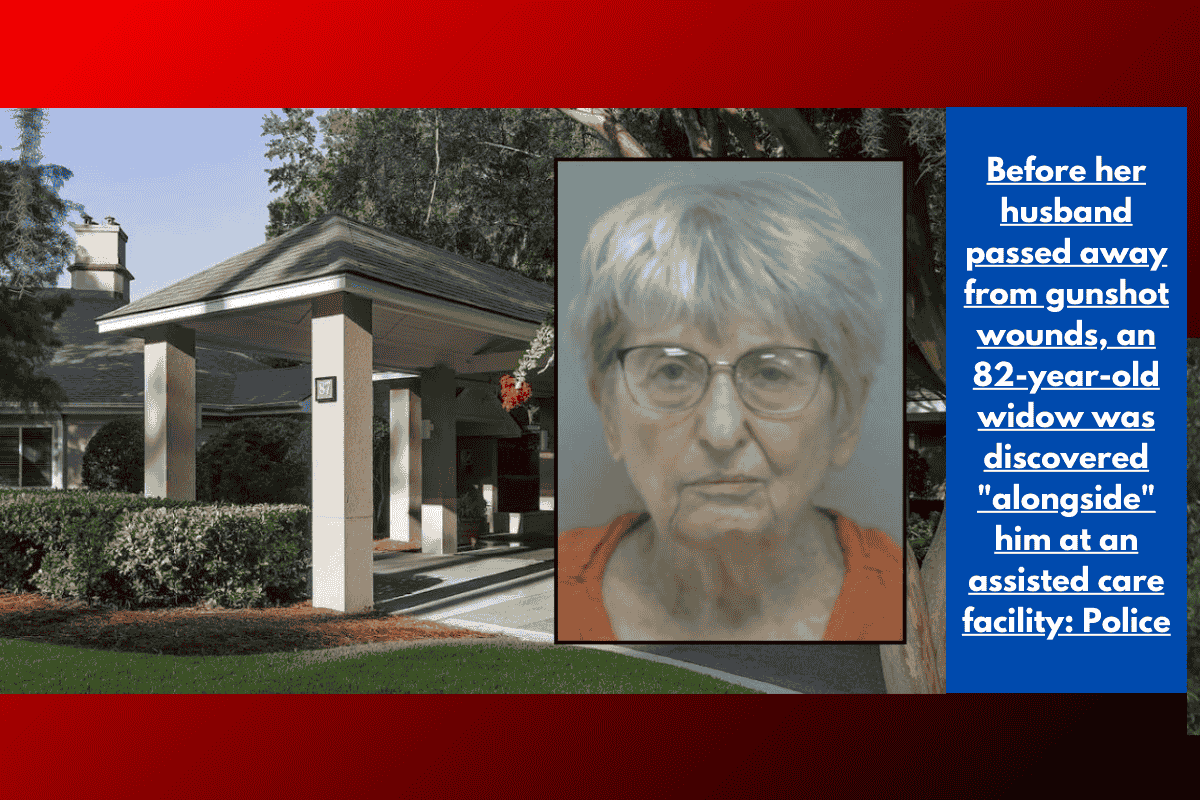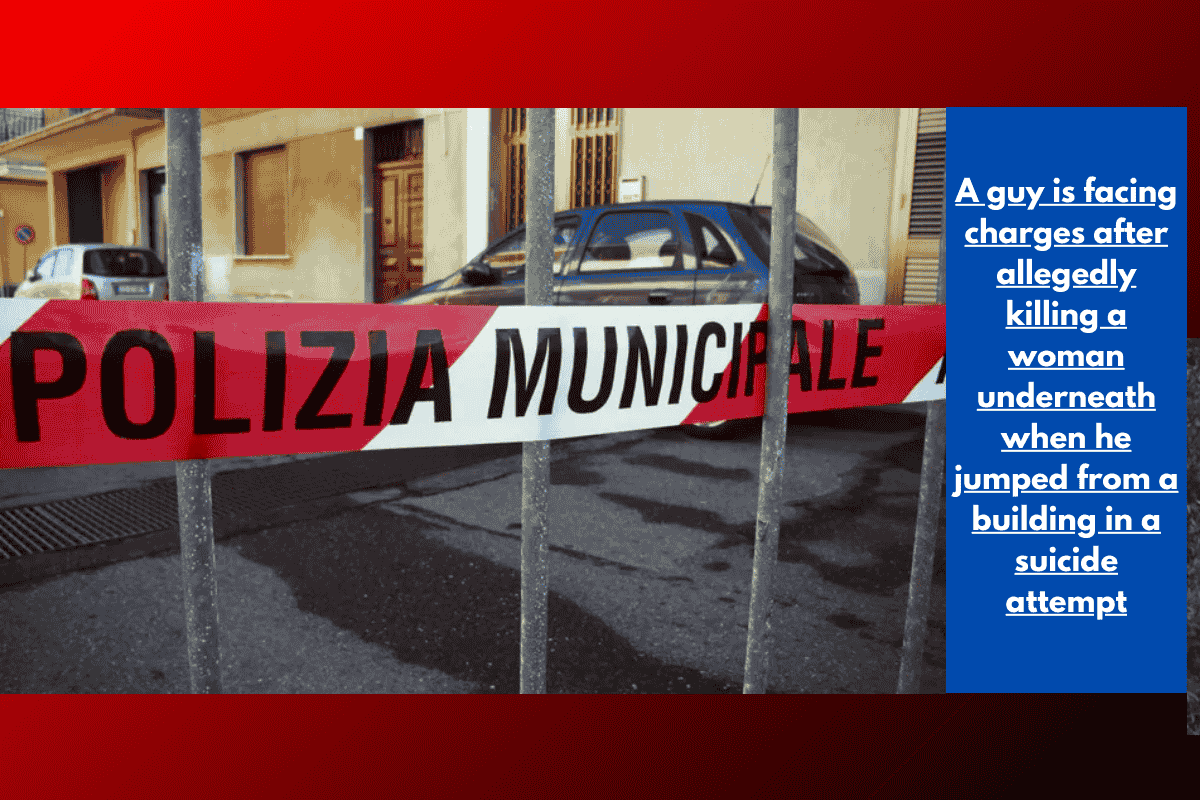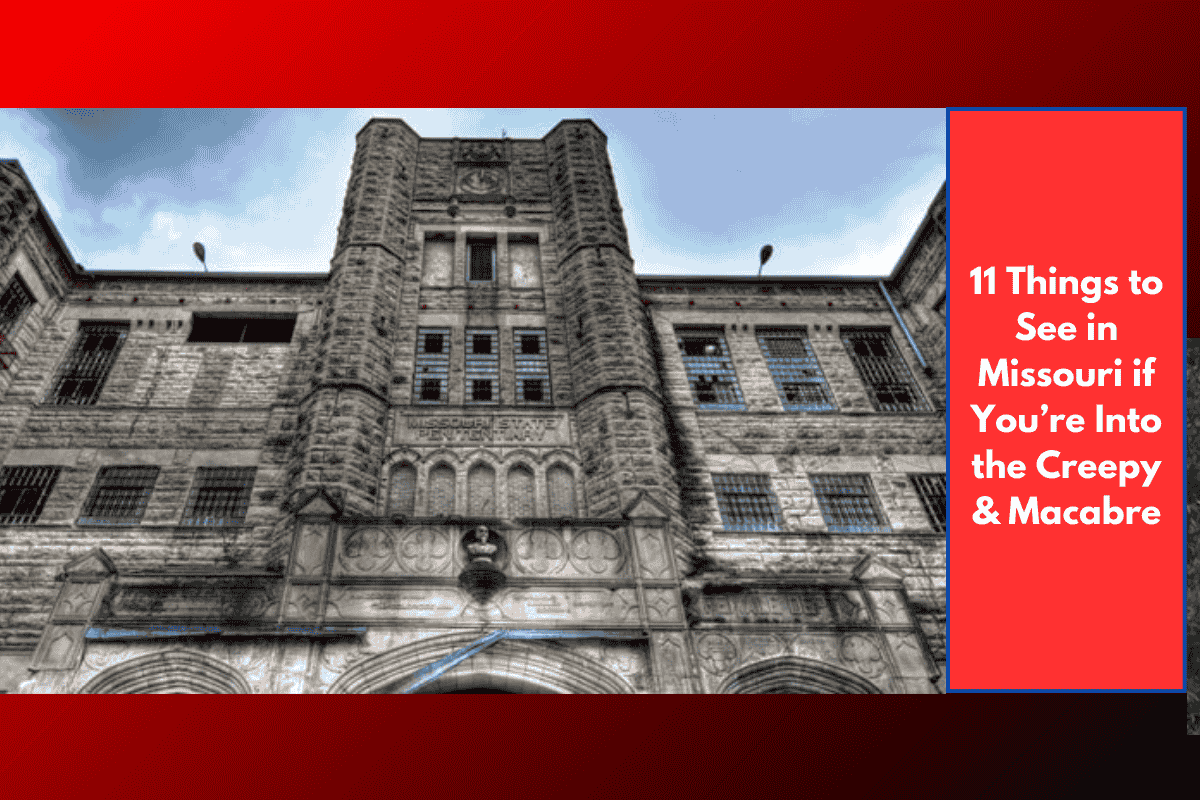A wave of bombings and firearm attacks in Colombia has left at least seven people dead and 28 others injured near police stations in the departments of Cauca and Valle del Cauca. The violence, which unfolded on Tuesday, June 10, is believed to be the work of illegal armed groups, possibly linked to former factions of the Revolutionary Armed Forces of Colombia (FARC).
Details of the Attacks
According to the Colombian Police Department, 24 terrorist incidents were reported, primarily targeting police stations. These included bombings, motorcycle bombs, and firearm attacks. The five civilian deaths and two police officers killed were the result of these coordinated attacks.
- Victims: Among those killed were Police Patrolman Jair Gonzalo Gurrete Bolaños and Patrolman Duván Andrés Ramírez Cárdenas, both of whom were stationed in Cauca. A third law enforcement official, Captain Juan Carlos Amaya Méndez, was also killed in a similar attack in Antioquia.
- Injuries: The 28 injured victims included 19 civilians, seven police officers, and two military personnel.
Local media sources have tied some of these attacks to FARC-EMC, a faction of the FARC guerrilla group that split from the original FARC after it signed a peace agreement with the Colombian government in 2016. This faction is accused of continuing violent activities and challenging the state’s authority in regions once controlled by FARC.
Areas Affected by the Attacks
The attacks were concentrated in the following areas:
- Valle del Cauca: 13 incidents occurred in municipalities including Jamundi, Palmira, Buenaventura, and Cali.
- Cauca: 10 incidents were reported in Patía, Suarez, Toribio, Villa Rica, Timbiquí, Morales, Corinto, Caloto, and Buenos Aires.
Photos from the scene, obtained by NBC News, show significant destruction, including a police station completely burned to the ground and a burned-out bus. Armed military personnel were seen patrolling the area in response to the attacks.
Government Response
The National Police and National Army have launched joint operations to counter the violence and target illegal groups like the Jaime Martínez organization, which is operating in the affected regions.
In a statement, the Ministry of Defense of Colombia confirmed that the National Government is strengthening coordination with local authorities to prevent further terrorist acts and capture those responsible. The government has also offered a reward of up to 300 million pesos for information that could lead to the capture of the attackers.
“The National Government, committed to the safety and peace of all Colombians, is coordinating with the authorities of Cauca and Valle del Cauca to prevent terrorist acts and capture those responsible for the events that occurred today in these departments,” the Ministry of Defense stated.
Tensions Escalate in Colombia
This series of attacks follows just days after an assassination attempt on Miguel Uribe Turbay, a Presidential hopeful. On June 7, Turbay was shot multiple times while attending an event with supporters at a public park. His wife confirmed that Turbay was “fighting” for his life after the attack. A 15-year-old suspect, found with a Glock-style pistol, was arrested in connection with the shooting.
The escalation of violence is part of a larger struggle for control of territories abandoned by FARC after its peace deal with the Colombian government. The government has faced increasing difficulties in containing violence from armed groups like FARC-EMC, who have continued to target vulnerable indigenous communities. Peace talks with FARC-EMC broke down last year after a series of attacks on these communities.
The series of bombings and attacks in Colombia highlights the ongoing violence in regions once controlled by the Revolutionary Armed Forces of Colombia. The Colombian government is now under pressure to contain the violence from illegal armed groups, especially in light of recent attacks on both police and civilians. The investigation into these events is ongoing, and authorities are seeking assistance to bring those responsible to justice. The violence also raises concerns about the security of civilians and the military’s ability to protect vulnerable communities from further attacks.














